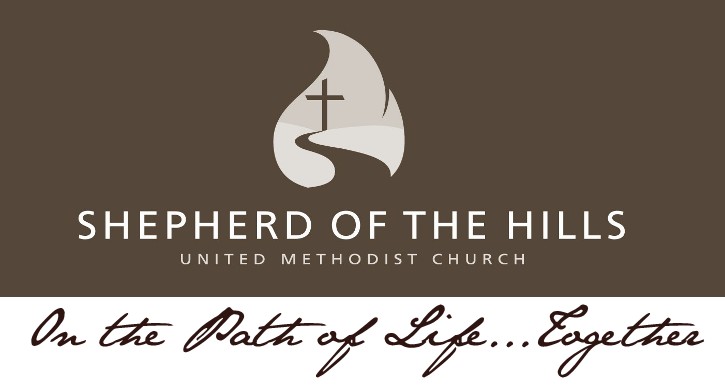Aug 28, 2009
Meet Your Maker, Vol. VI
Aug 25, 2009
Sermons
 So, SOTH...what do you want to hear me preach about?
So, SOTH...what do you want to hear me preach about? Aug 13, 2009
Waiting and Watching

Aug 5, 2009
Clean

Scrub away my guilt,
soak out my sins in your laundry.
I know how bad I've been;
my sins are staring me down.
4-6 You're the One I've violated, and you've seen
it all, seen the full extent of my evil.
You have all the facts before you;
whatever you decide about me is fair.
I've been out of step with you for a long time,
in the wrong since before I was born.
What you're after is truth from the inside out.
Enter me, then; conceive a new, true life.
7-15 Soak me in your laundry and I'll come out clean,
scrub me and I'll have a snow-white life.
Tune me in to foot-tapping songs,
set these once-broken bones to dancing.
Don't look too close for blemishes,
give me a clean bill of health.
God, make a fresh start in me,
shape a Genesis week from the chaos of my life.
Don't throw me out with the trash,
or fail to breathe holiness in me.
Bring me back from gray exile,
put a fresh wind in my sails!
Give me a job teaching rebels your ways
so the lost can find their way home.
Commute my death sentence, God, my salvation God,
and I'll sing anthems to your life-giving ways.
Unbutton my lips, dear God;
I'll let loose with your praise.
16-17 Going through the motions doesn't please you,
a flawless performance is nothing to you.
I learned God-worship
when my pride was shattered.
Heart-shattered lives ready for love
don't for a moment escape God's notice.
Aug 4, 2009
You are the Man

4 "One day a traveler dropped in on the rich man. He was too stingy to take an animal from his own herds or flocks to make a meal for his visitor, so he took the poor man's lamb and prepared a meal to set before his guest."
5-6 David exploded in anger. "As surely as God lives," he said to Nathan, "the man who did this ought to be lynched! He must repay for the lamb four times over for his crime and his stinginess!"
7-12 "You're the man!" said Nathan.
How well do we see our own sins?
Sometimes too well. Certainly one struggle that people have with Christianity is daring to believe that God really loves them and is willing to forgive them.
But maybe even more often, our self-deception can be so complete that only drastic measures will break through and free us from ourselves.
King David had even managed to justify killing another man (by sending him into a hopeless battle) and then taking his wife.
God decided to break through. He sends the prophet Nathan to tell David the truth. The King was ready to condemn the evil man in Nathan's story. He had to learn that "you are the man."
What things do we stand ready to condemn with our own kind of kingly authority? Where might God say to us, "you are the one." How could God call each of us to deeper self-examination, and real repentance?
Grace & Peace,
Adam
